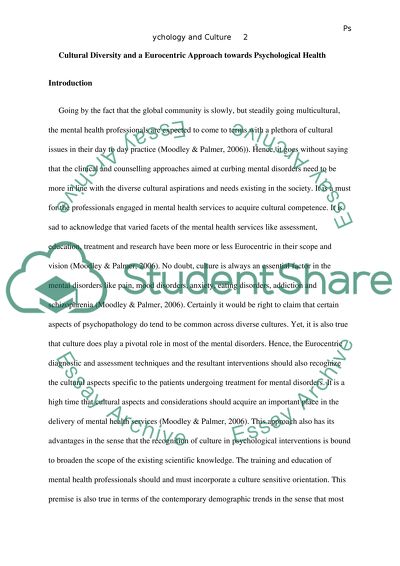Cite this document
(“Cultural Diversity and a Eurocentric Approach towards Psychological Essay”, n.d.)
Retrieved from https://studentshare.org/psychology/1424255-requires-to-critically-evaluate-the-statement-that
Retrieved from https://studentshare.org/psychology/1424255-requires-to-critically-evaluate-the-statement-that
(Cultural Diversity and a Eurocentric Approach towards Psychological Essay)
https://studentshare.org/psychology/1424255-requires-to-critically-evaluate-the-statement-that.
https://studentshare.org/psychology/1424255-requires-to-critically-evaluate-the-statement-that.
“Cultural Diversity and a Eurocentric Approach towards Psychological Essay”, n.d. https://studentshare.org/psychology/1424255-requires-to-critically-evaluate-the-statement-that.


